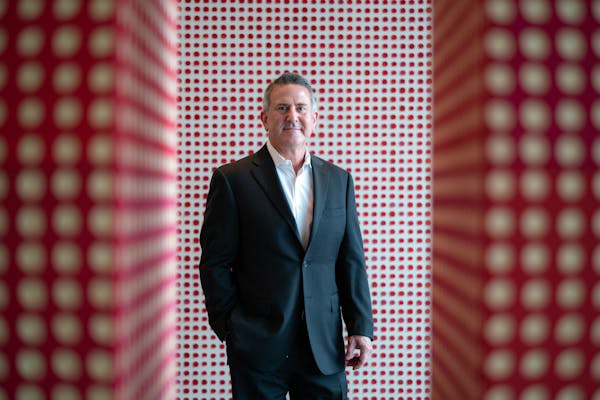Target's top executive said U.S. consumers will drive less and consolidate their shopping into fewer trips as they adjust to pricier gasoline and the highest inflation rate in almost four decades.
Shoppers are also likely to eat more at home and seek cheaper generic-brand goods in an effort to ease the blow from rising prices, CEO Brian Cornell said Sunday at a National Retail Federation event. Consumer prices jumped 7% last year, the fastest 12-month pace since mid-1982, according to Labor Department data released last week.
"Some of the historical ways consumers react to inflation will play out again in 2022," Cornell said. "You'll drive fewer miles, you'll consolidate the number of times and locations where you shop. You'll probably spend a little more eating at home vs. your favorite restaurant, and you might make some trade-offs between a national brand and an own brand."
Target and other retailers, which are coming off two years of soaring demand amid the coronavirus pandemic and government stimulus programs, are watching for shifts in consumer behavior because of surging inflation. Cornell didn't specify how he expects actual spending levels to change, saying, "We're going to learn a lot about how the consumer reacts in the next 60, 90, 120 days to rising prices."
The Labor Department's food-at-home index rose 6.5% over the past 12 months, compared with an annual increase of 1.5% during the last 10 years. For food away from home, the index for limited service meals jumped 8% while that of full-service meals advanced 6.6%.
U.S. retail gasoline prices fell in December but have edged up this month, according to auto club AAA. Prices hit seven-year highs in November.
During the year-end holiday season in 2021, Cornell said "consumers came out to shop," without providing details on Target's sales.
BNSF Railway says it didn't know about asbestos that's killed hundreds in Montana town
Tennessee Volkswagen workers vote on union membership in test of UAW's plan to expand its ranks
Here's how Phish is using the Sphere's technology to give fans something completely different

